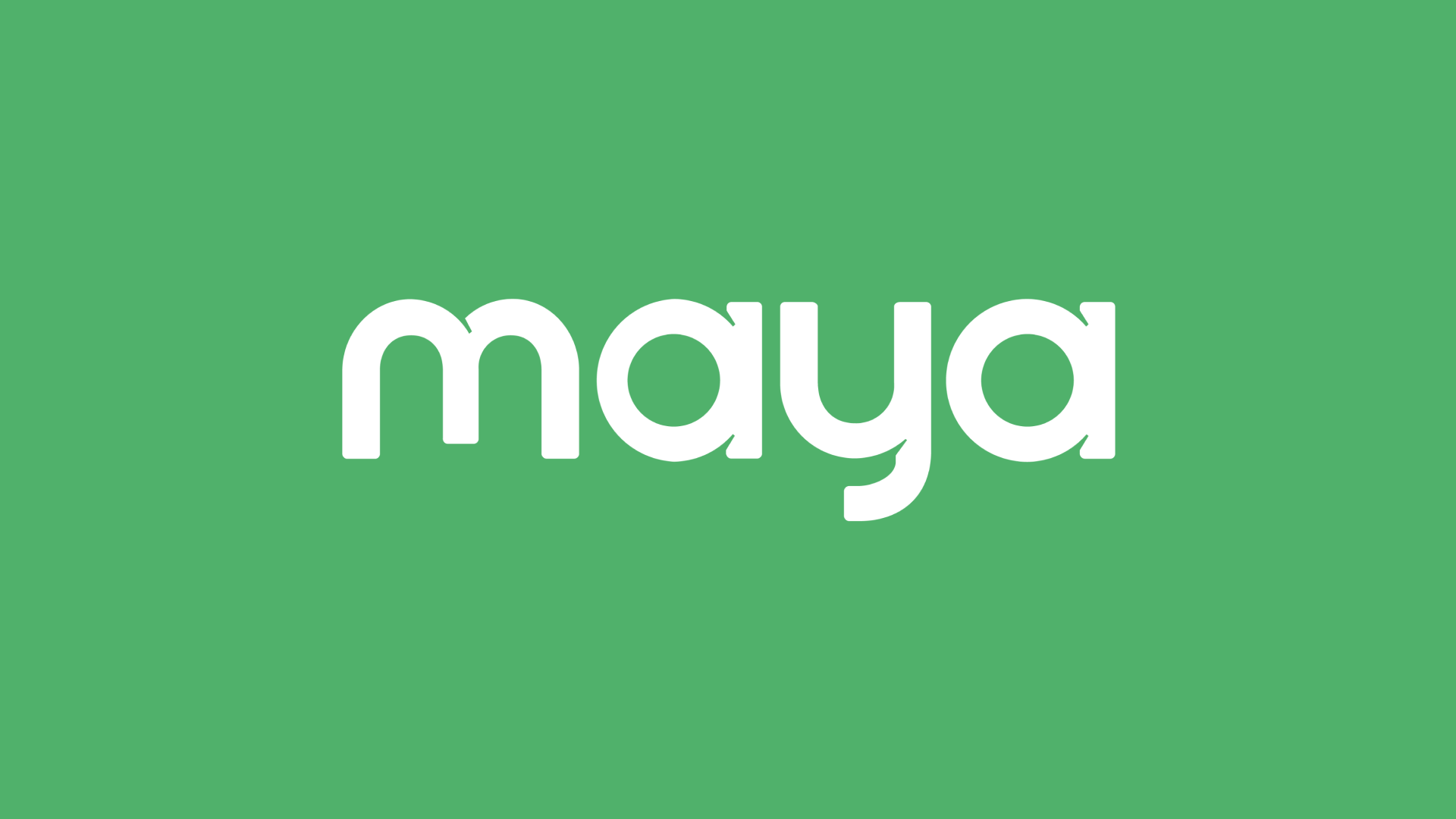
If you run your online business out of an e-commerce marketplace or social media platform, then you have many good reasons to consider migrating your operations to a dedicated webstore. For one, having your own website grants you total control over your brand’s narrative and customer experience—from the first click to checkout. For another, operating a standalone store significantly enhances your ability to gather and analyze customer data, which can drive more personalized marketing and sales strategies.
Fortunately, it’s now entirely doable to carve out your own unique space in the vast online ecosystem with help from platforms like Shopify. Known for its robust functionality and user-friendly interface, Shopify provides the tools necessary for creating a professional online store that can scale as a business grows. Whether you're transitioning from being a casual seller on a marketplace or looking to expand your brand's digital footprint, Shopify offers a seamless platform that can support your business no matter its place in your industry.
Let’s explore some of the essential steps you can take to ensure that your migration to Shopify goes as smoothly as possible:
Plan Your Transition Ahead
Embarking on the journey from a marketplace to an independent online store requires careful planning and clear goals. Start by defining your business objectives and the technical requirements needed to achieve them. Consider the type of customer experience you want to offer, as this will help you determine how your store needs to look and function.
It’s also crucial to set a realistic timeline for the migration process, which should include phases for setup, testing, and launch. Don’t forget to communicate these changes to your existing customer base as well. Keep them informed through regular updates via email or social media to ensure they understand and support the transition.
Set Up a Secure Payment System
A secure and efficient payment system is one of the most important elements of your online store’s back end. A robust Shopify payment gateway not only protects against fraud but also provides customers with the flexibility to use their preferred payment methods, which should enhance their overall shopping experience. This foundational aspect of your store's infrastructure can make a big impact on customer trust and conversion rates.
If you’re looking for a payment gateway Shopify users in the Philippines trust, then Maya Checkout should be your go-to. Maya Checkout boasts a fast, intuitive payment process and also supports a variety of payment methods, including credit cards, debit cards, and e-wallets. Its implementation is straightforward, thanks to a user-friendly plugin that ensures seamless integration with your new Shopify store. Meanwhile, key features such as 24/7 fraud protection and real-time transaction authorization can help minimize risks and keep your customers coming back.
Personalize Your Store
Creating an online store that reflects your brand identity in a compelling and memorable way is crucial for standing out in the crowded digital marketplace. Shopify offers a wide array of customizable templates and tools that can help you design a store that both looks professional and resonates with your target audience. Focus on creating an intuitive user interface that makes navigating your product offerings simple and enjoyable. Consider the colors, fonts, and layout that best represent your brand to achieve a consistent look across all pages.
It's also worth remembering that most online shoppers nowadays will prefer to use their smartphones or other mobile devices for transactions. Hence, you’ll definitely want to go the extra mile making sure that your store runs just as well on mobile as it does on a desktop computer. A well-designed, responsive website is more likely to retain visitors and convert them into customers.
Migrate Your Product Data
When moving from a marketplace to your own Shopify store, make sure that all your product data is transferred accurately and efficiently. This includes detailed descriptions, high-quality images, prices, and inventory levels. Shopify provides tools that can facilitate the importing of product information in bulk, which should help smooth out this process for you and eliminate technical headaches.
You may also want to take this chance to revisit and refine your product descriptions and metadata for SEO purposes. Categorizing and tagging your products properly stand to improve both user experience and your store’s searchability—both variables that can potentially lead to better sales performance down the line.
Establish Reliable Shipping Policies
Clearly outline your shipping policies on your website, including delivery times, costs, and return procedures. Consider offering multiple shipping options to cater to different customer needs and budgets. For instance, providing standard, expedited, and same-day delivery options can help you meet the needs of every customer, regardless of how urgently they need their package. Other shipping best practices you can adopt include building partnerships with reliable couriers and using automated tools for tracking shipments. These measures can help you manage logistics more effectively and keep your customers informed every step of the way.
Launch a Successful Webstore with the Help of Maya Business’s Top-Tier E-Commerce Solutions
While it might initially seem like a daunting task to leave your chosen online marketplace and strike out on your own, the right tools can make establishing your own webstore a breeze. Sign up for Maya Business and take advantage of our comprehensive suite of business solutions today.
Setting up a Maya Business account means you can open a Maya Business Deposit account and use it as your settlement account. With an industry-leading 2.5% per annum interest rate, you’ll earn PHP 25,000 in interest per year on a PHP 1 million deposit. You’ll also get the chance to build your savings, as Maya Business lets you send money to your partners and suppliers for free via InstaPay and PESONet.
Signing up also qualifies you for a no-collateral Maya Flexi Loan offer of up to PHP 2 million in just 3 months, which you can invest in improving your online store’s operation even further. Just use Maya Business as your primary processor for all wallet and card payments. The more you use our solutions, the better the loan offer will be.
You won’t find a more reliable partner in getting your webstore off the ground, so sign up for Maya Business today.

Maya Business
Merchant inquiries:
Maya is powered by the country's only end-to-end digital payments company Maya Philippines, Inc. and Maya Bank, Inc. for digital banking services. Maya Philippines, Inc. and Maya Bank, Inc. are regulated by the Bangko Sentral ng Pilipinas.
www.bsp.gov.ph